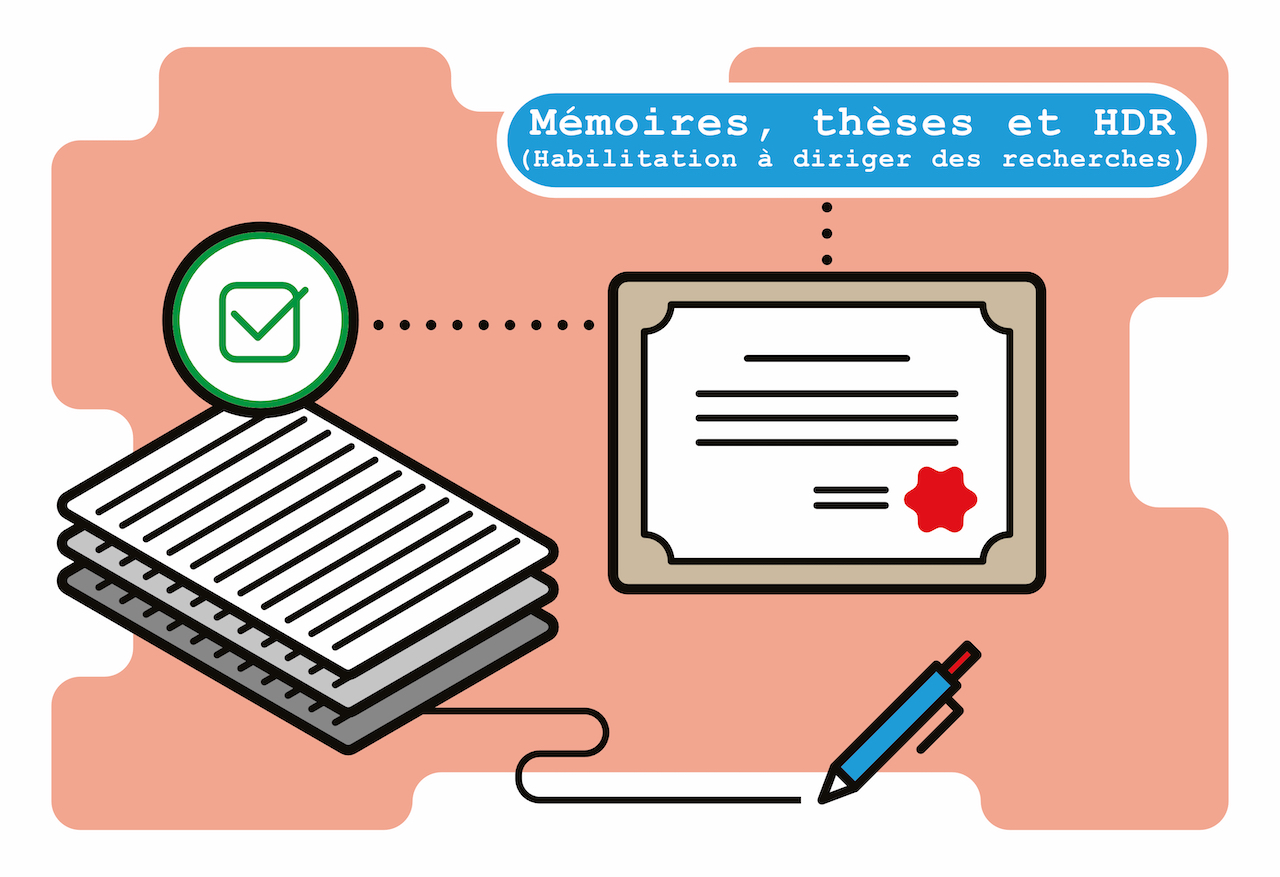Joseph Vacher - Thesis submitted in partial fulfilment of the degree of Doctor of Clinical Psychology (DClinPsy)
Fiche du document
- ISIDORE Id: 10670/1.9dd1bd...
Mots-clés
Intrusive thoughts Mental health Homophobia Sexual minorities Clinical psychology Emetophobia Bisexuality Psychology Maternal health services Obsessive-compulsive disorderSujets proches
Fear of vomitingCiter ce document
J Vacher et al., « Joseph Vacher - Thesis submitted in partial fulfilment of the degree of Doctor of Clinical Psychology (DClinPsy) », Oxford Research Archive, ID : 10670/1.9dd1bd...
Métriques
Partage / Export
Résumé
Maintenance Factors of Emetophobia (A Fear of Vomit): A Systematic Review Emetophobia, a fear of vomiting, is categorised as a Specific Phobia in the Diagnostic and Statistical Manual of Mental Disorders. Debate regarding this classification exists, with suggestions that a distinct Emetophobia psychological formulation should include maintenance factors which differ from other Specific Phobias. A systematic review was conducted to synthesise maintenance factors of Emetophobia and compare them to existing formulations for Specific Phobia and Emetophobia. Online databases (PubMed, PsychInfo, Embase, Scopus, Solo) were searched using Emetophobia-related terms. Grey literature was sought. 610 articles were identified and 22 were included in the review. The review was registered on PROSPERO (CRD42021268755). Narrative synthesis included a description of identified maintenance factors of Emetophobia and whether they are included within existing formulations. The review suggests that current formulations for Specific Phobia and Emetophobia do not capture all relevant maintenance factors for a fear of vomiting. Future research should further investigate proposed maintenance factors with the aim of validating a distinct Emetophobia formulation. Improving Responses to Disclosure of Infant-Related Intrusions of Harm in Milton Keynes Primary Care Services Background: Distressing thoughts of harming one’s child (“Infant-Related Intrusions of Harm”, IRIH) are common in new parents, yet unrelated to harmful parenting. Health Visitors (HVs) and Psychological Wellbeing Practitioners (PWPs) currently have no guidelines on responding to IRIH. This risks inappropriate referrals and social service involvement, evidenced in Milton Keynes Primary Care Services. Purpose: A service improvement project aimed at improving Milton Keynes HVs’ and PWPs’ responses to IRIH disclosure. Procedures: Fifty-three online staff surveys (27 PWPs, 26 HVs) regarding IRIH administered across (A) pre-intervention, (B) post-intervention, and (A) 2-month follow-up. The intervention involved staff training and psychoeducational handouts regarding IRIH. Findings: Staff confidence and appropriate anticipated referrals for IRIH increased post-intervention and at follow-up. Qualitative analyses indicated increased staff empathy for parents experiencing IRIH. Conclusions: HV and PWP understanding of IRIH appeared to improve following training and handouts. Implications for Practice: Standardised staff interventions may improve responses to IRIH. Sexuality, Internalised Stigma and Obsessive-Compulsive Disorder Minority stress models suggest that Lesbian, Gay and Bisexual (LGB) individuals are frequently exposed to stressors related to stigmatisation, which accounts for higher rates of mental disorders compared to Heterosexual individuals. The aim of this study was to explore the role of internalised stigma in the relationship between sexuality and Obsessive Compulsive Disorder (OCD), specifically distress related to intrusions containing “taboo” content. Using a between-groups design, 181 adults (115 Heterosexual, 66 LGB) were administered online questionnaires measuring OCD symptomology, internalised stigma, and potential covariates (anxiety, depression, shame, guilt, and disgust sensitivity). LGB participants were significantly more likely to report distress regarding “taboo” intrusions compared to Heterosexual participants and this effect was greatest for LGB participants with high internalised stigma, even after controlling covariates. Internalised stigma was identified as a significant predictor of “taboo” intrusions and total OCD symptomology, beyond gender, religion, ethnicity and other covariates. This study provides evidence that internalised stigma may be an important factor in elevated rates of OCD experienced by LGB individuals and its associated treatment.
